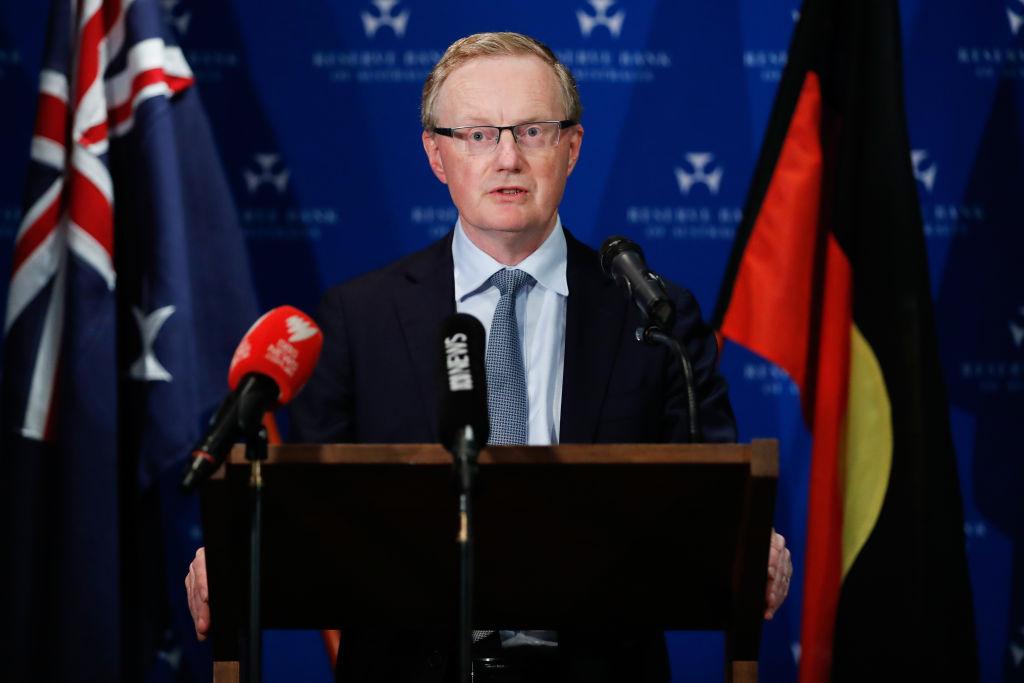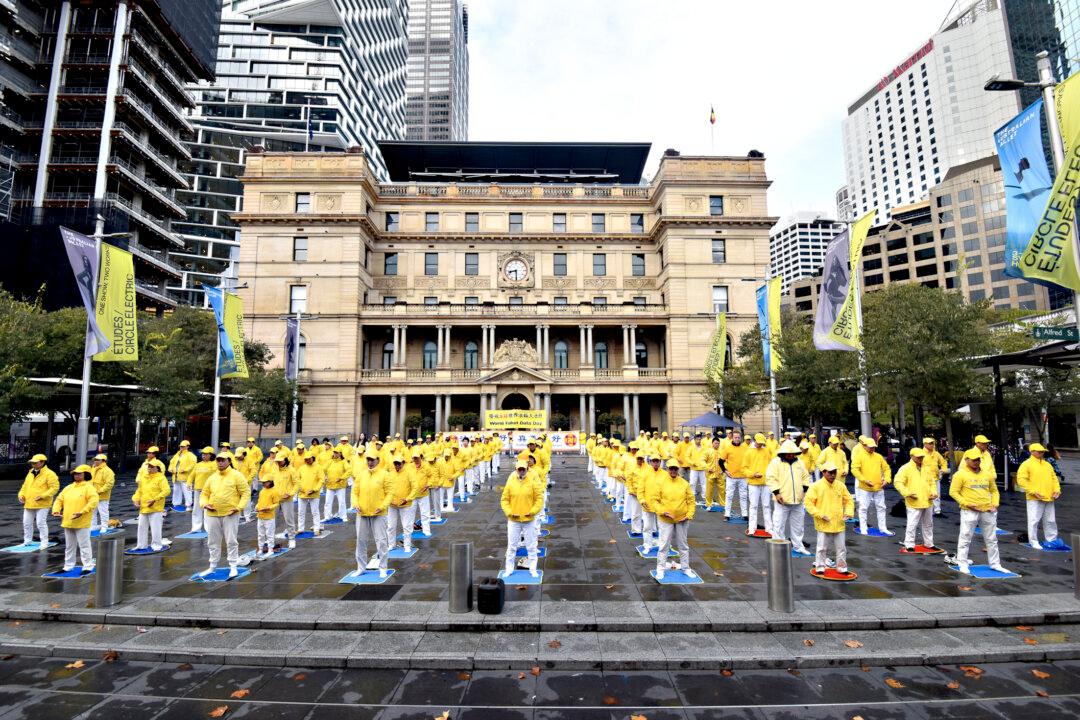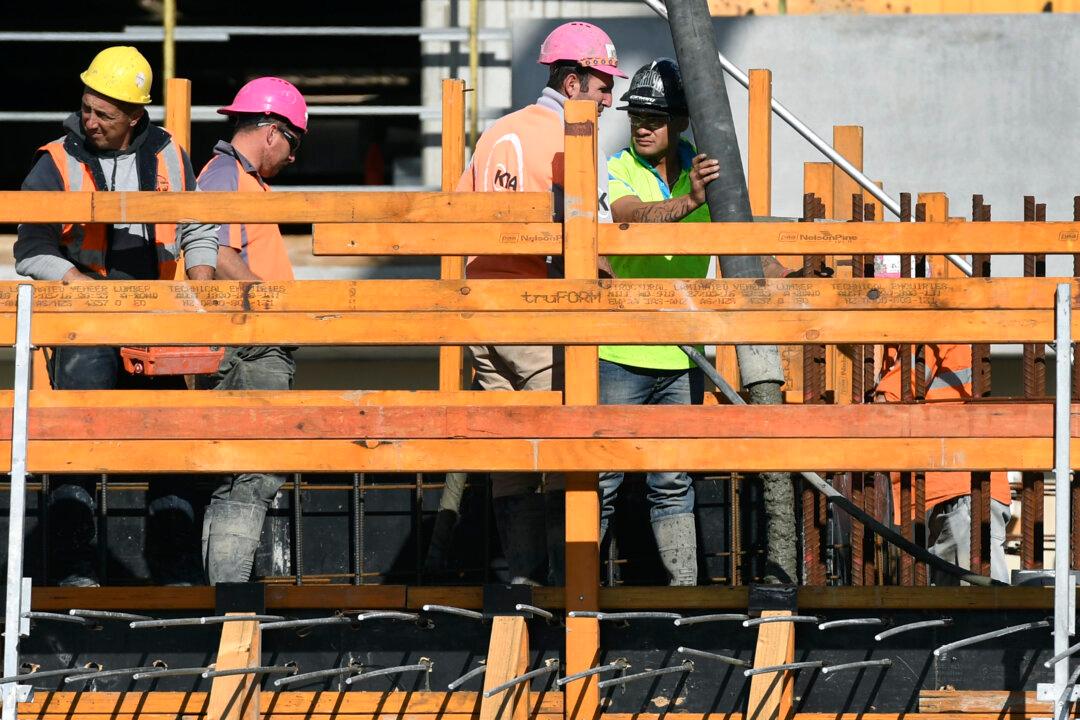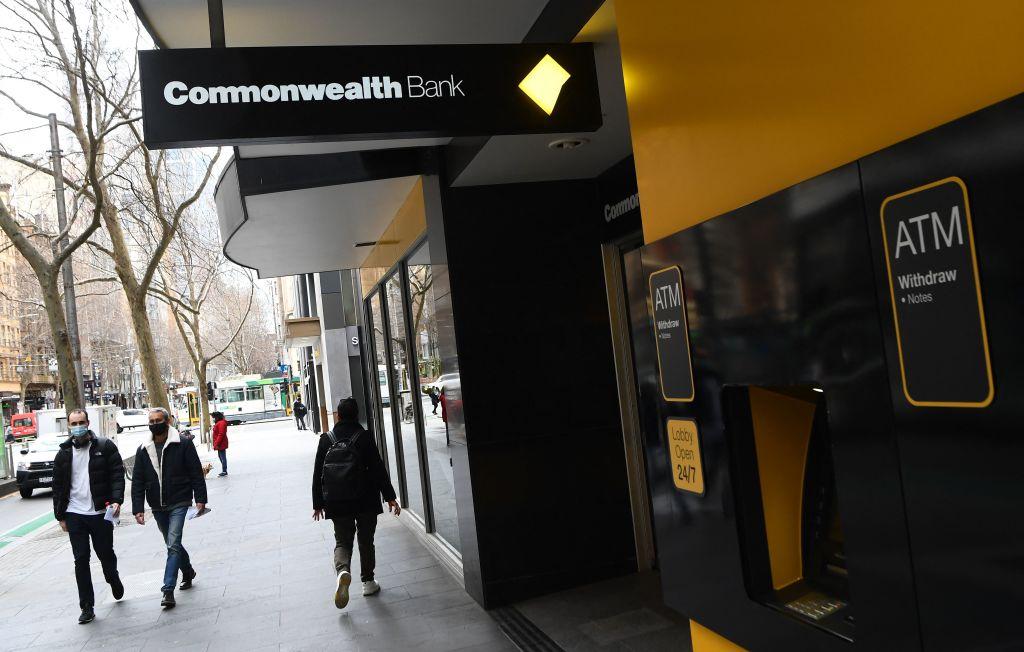On April 27, the Business Council of Australia (BCA) said the Australian economy could take a $400 billion hit if lockdown restrictions continue for six months.
They urged the federal government to act on comprehensive reforms needed to get the post-pandemic economic recovery on the right track—fast.





